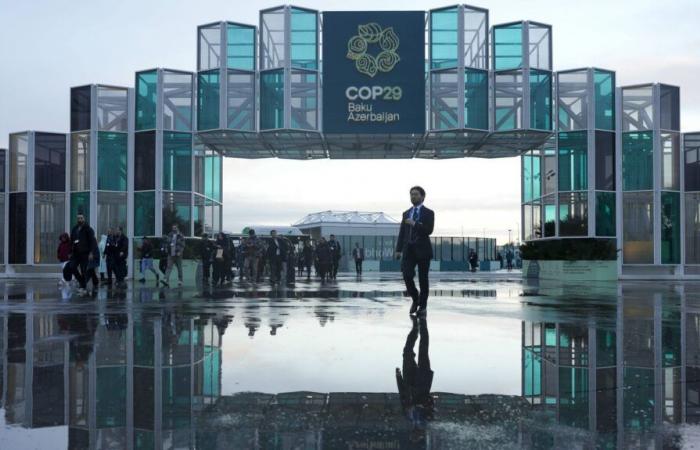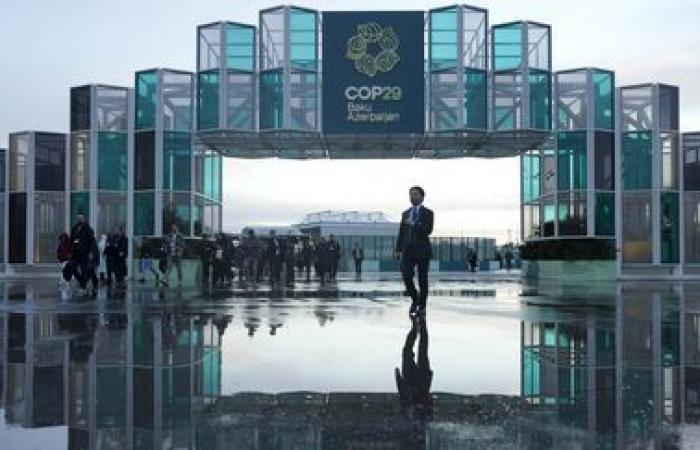With current climate efforts, the planet is exposed to a warming of 2.7°C by 2100, a forecast unchanged since COP26 in Glasgow in 2021.
Published on 14/11/2024 10:30
Updated on 14/11/2024 11:01
Reading time: 2min

The combined effects of measures taken by different governments around the world against climate change have stagnated since 2021, according to a study published Thursday, November 14 by the research group Climate Action Tracker (CAT), which has developed a monitoring tool since 2009. baseline assessment. If they remained as they are, current climate efforts would lead to a warming of 2.7°C by 2100, as was already the case envisaged at the COP26 in Glasgow three years ago.
On the occasion of COP29, the organization emphasizes that 2024 has seen little progress, with “almost no new national climate targets or carbon neutrality promises”. Meanwhile, emissions linked to fossil fuels “continue to increase, despite the fact that governments repeatedly agree to urgently strengthen their targets for 2030 to align them with the objective of limiting warming to 1.5°C”the most ambitious target of the 2015 Paris agreement. According to the report's projections, peak emissions from fossil fuels will be reached by the end of the decade, but “at a much higher level” than the projections made three years ago.
As for the impact of Donald Trump's return to the White House, the measures he promises in the United States could result in a small increase in global temperatures of 0.04°C, according to the CAT. “There is a clean energy momentum in the United States that will be difficult to stop”estimates the research group. But the impact could be much greater if other countries, such as China, the world's largest emitter of greenhouse gases, use the declining ambitions of the United States, the second largest emitter, as an excuse to slow down. their own climate-friendly measures.








